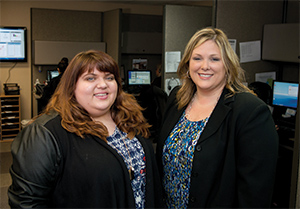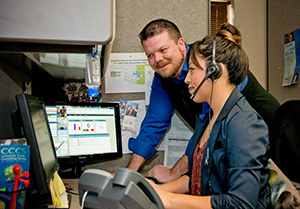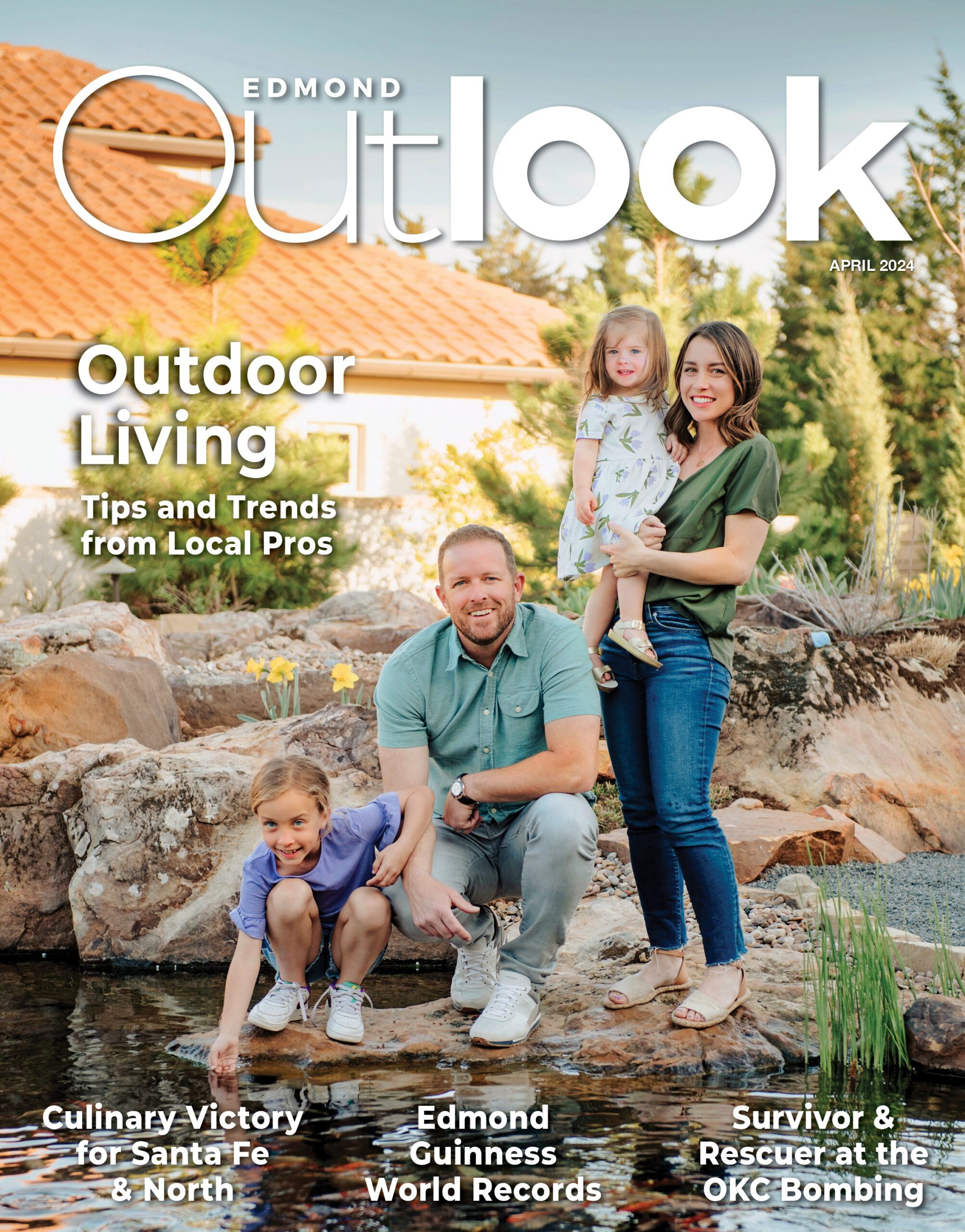Heartline: Connect to Hope
A combat veteran grieves the loss of his wife, feeling trapped in depression and lacking anyone to talk with about his situation. He suffers in silence as mental illness slowly overtakes his well-being. He feels hopeless. Unable to cope with his loss, he begins to think of suicide. Fortunately, one Oklahoma nonprofit is able to give him an outlet for his grief and connects him with the resources he desperately needs.
 Heartline, based in Oklahoma City, has connected Oklahomans with social services programs for nearly 50 years. The organization administers the popular 2-1-1 hotline, a free phone service that connects Oklahomans with social services agencies throughout the state. Heartline also administers hotlines for suicide prevention and gambling addiction. More than 200,000 individuals are served by Heartline each year.
Heartline, based in Oklahoma City, has connected Oklahomans with social services programs for nearly 50 years. The organization administers the popular 2-1-1 hotline, a free phone service that connects Oklahomans with social services agencies throughout the state. Heartline also administers hotlines for suicide prevention and gambling addiction. More than 200,000 individuals are served by Heartline each year.
That number may be alarming, but they are not without cause. Approximately 600,000 Oklahomans do not have access to mental health services, according to the federal Substance Abuse and Mental Health Services Administration. The statistics only tell one side of the story, however.
The true benefit Heartline provides is the human impact it has in the community. Its clients are from all walks of life: a teenager who considers suicide after years of bullying by peers; a working mother overwhelmed by the demands of modern life; an elderly person unable to cope with the loss of friends and family. The organization also fights mental illness on two fronts, by intervening during crisis moments and connecting callers with resources for the future.
Mental health is often overlooked in discussions of well-being. Physical diseases like diabetes, heart disease and hypertension are often discovered during routine medical examinations. The same cannot be said for mental illness—thousands of Oklahomans may not show physical signs of mental illness until it’s too late. Many Oklahomans suspect that a loved one may be suffering from mental illness, but are unsure how to help.
“Mental illness has a lot of stigma around it and people are left to feel shamed and alone when what they really need is help and support,” says Kayley Saunders, Director of Suicide Prevention and Outreach. “Mental illness is treatable, but only if people seek out treatment and have the needed support to go through it.” Friends and relatives often avoid asking a loved one about mental illness because of the pejorative connotations surrounding the issue. “If you have someone in your life whose mental health you are concerned about, talking to them will show that you care and will encourage them to seek help,” Saunders adds.
Mental health issues are prevalent throughout Oklahoma, and are found in all walks of life. In 2014 alone, Heartline served more than 30,000 Oklahomans with mental health and substance abuse problems. Heartline serves an average of 27 people per day reporting thoughts of suicide. Only 40% of Oklahoma adults received treatment in the past year for a reported mental illness.
Heartline’s staff and volunteers’ compassion is matched by their extensive training. “Our staff and call volunteers receive 96 hours of training in order to most effectively help our callers,” explains Monique Scraper, Heartline’s Chief Development Officer. “We use an internationally recognized and evidence-based suicide intervention model known as Applied Suicide Intervention Skills Training (ASIST).” The two-day, 16-hour seminar is open to anyone who wants to learn more about suicide prevention. “It teaches participants how to recognize warning signs that a person may be thinking of suicide, and takes the caregiver through a model from asking about suicide all the way to safety planning.”

Oklahoma ranks near the bottom of all states for mental health funding, so Heartline callers often receive services that would otherwise be unavailable to them. “We believe that investment in strong mental health services is vital and is the foundation of community health in general,” says Kelly Nutter, Chief Executive Officer. “Substance abuse, incarceration, foster care, homelessness and suicide all have roots in poor access to mental health services.” Like many social services agencies, Heartline has been challenged by receiving less revenue even as demand for its services increases.
Heartline’s suicide prevention hotline also includes a web-based chat service, which is most used by ages 14 to 24. Heartline also operates the Help Prevent Suicide phone app to reach younger Oklahomans. Other initiatives include the Healthy Education for Life Program (HELP), which targets youth ages 10 to 24, teaching the warning signs of suicide and how to seek professional help. HELP has served more than 85,000 youth since its inception 18 years ago.
Mental health and substance abuse issues are subjected to a stigma that doesn’t apply to physical illnesses. Many are simply unaware they are suffering from a mental illness, while others are too embarrassed to discuss their issues with a friend or relative.
Heartline allows those in need to connect with someone who cares about their problems and is professionally trained to address them. The state’s budget may be declining in the coming year, but its mental health needs will not. Heartline and its services fill a widening gap between those with mental illness and the services they require, and will continue to be an invaluable part of the state’s safety net.
To learn more about the services Heartline provides, visit www.heartlineoklahoma.org.




